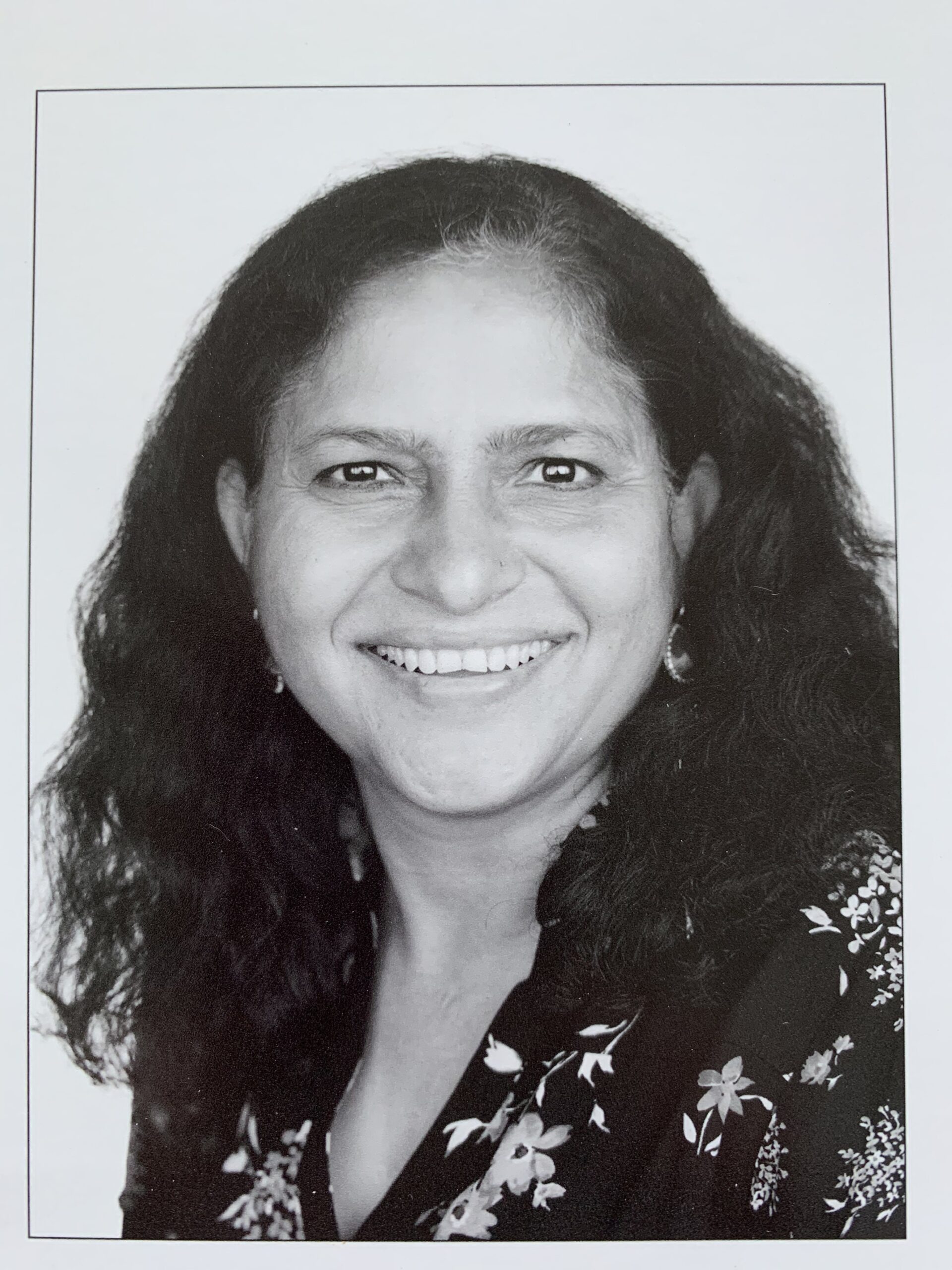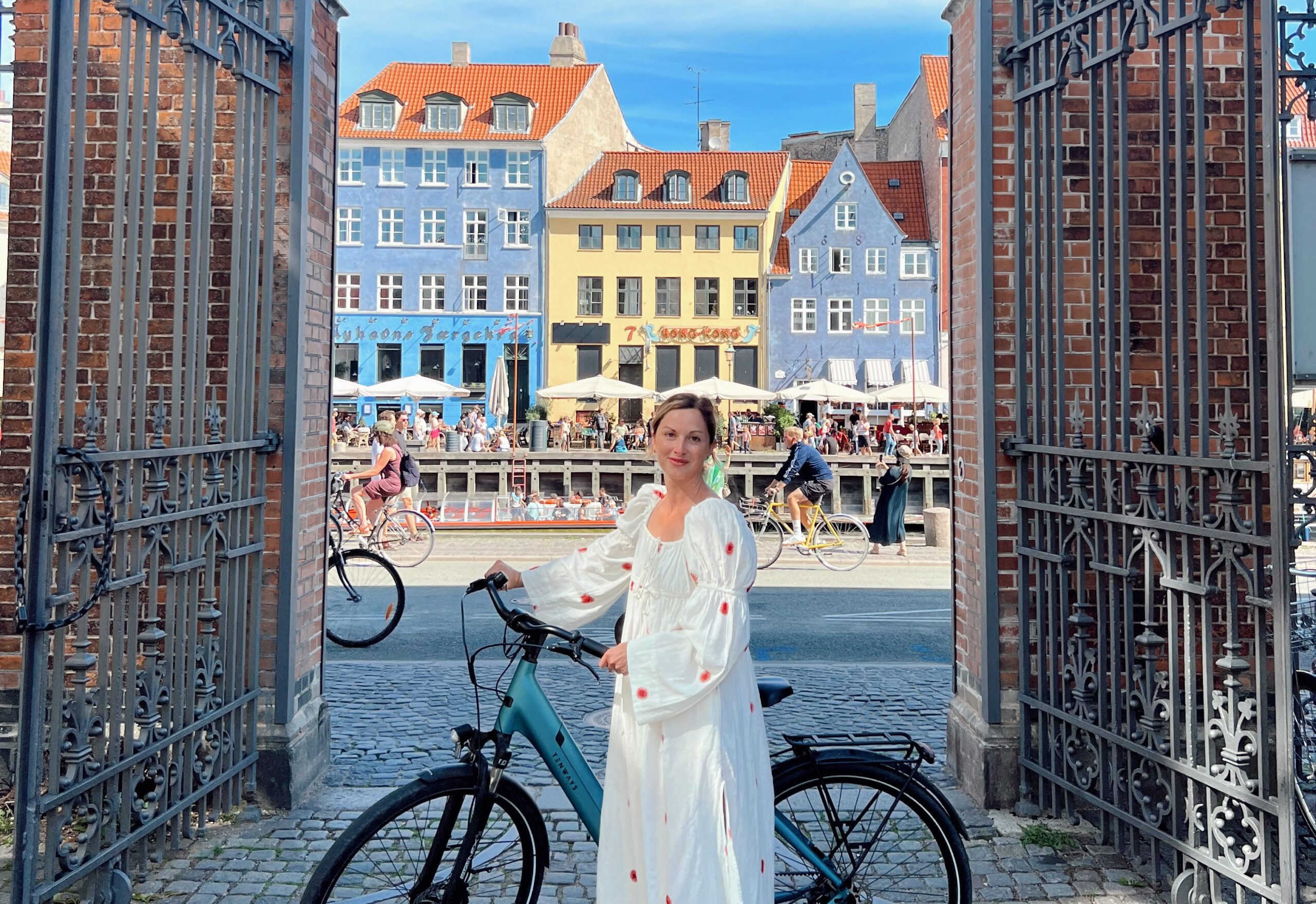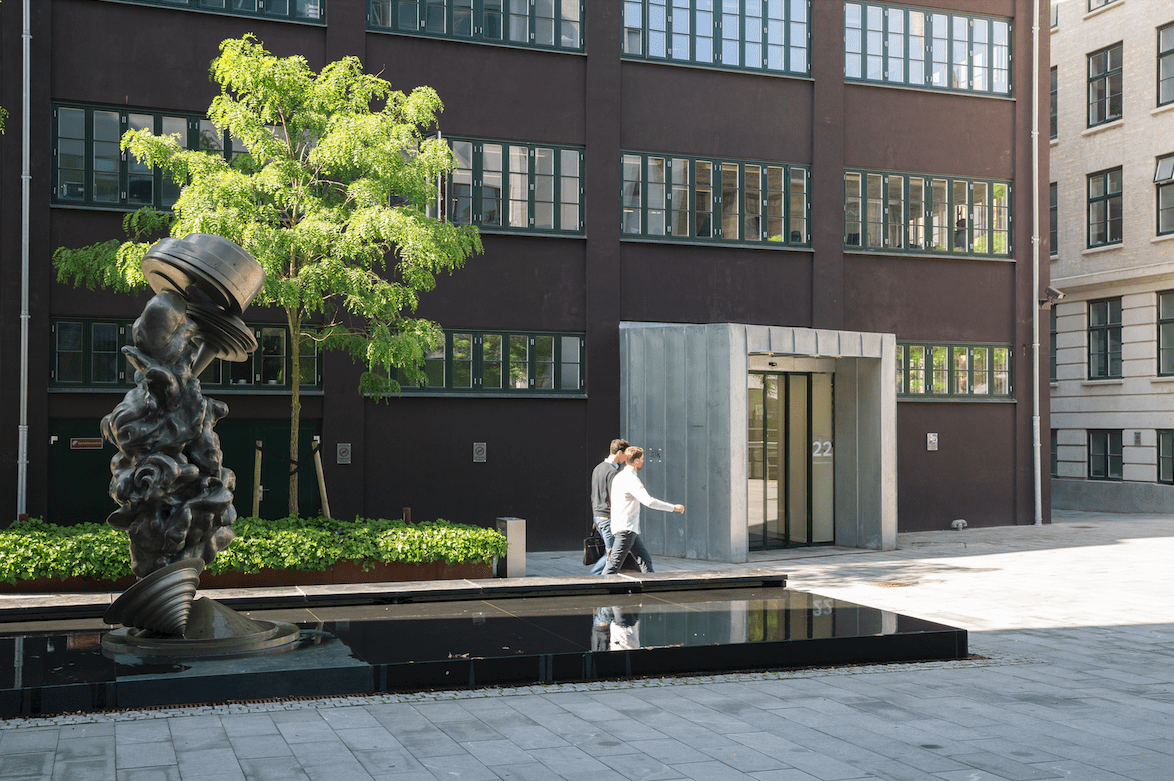Henrik Dibbern, the chairman of the doctor’s union PLO, has called on doctors to give up their contracts with the regional health authorities if a planned reform of general practitioners (GPs) working conditions comes to fruition.
Last week, the association of health authorities, Dansk Regioner, said it would not renew the current collective bargaining agreement after nine months of failed talks with PLO.
The government swiftly introduced a law that would force GPs to accept the new conditions. It also extended the current collective bargaining until September 2014, giving both sides an extra year to continue the negotiations.
GPs are not standing down, however, and many have announced that they will follow Dibbern’s advice and stop working for the health regions. Speaking to Ritzau, economics professor Jes Søgaard told Ritzau that patients may have to fork out anywhere between 300 and 900 kroner for a consultation with doctors not employed by the state.
Doctors in Amager have even threatened to work in Sweden if the reforms are passed. Sixty-six of the around 100 members of Amager’s doctor’s guild, Amager Lægelaug, attended a meeting on Monday, and 63 voted to end their contracts with the health authority.
According to Trine Jeppesen, the chairman of Amager Lægelaug, the doctors could work for a higher wage and earn more money if they worked in Sweden.
“Up until now, health regions, councils and GPs were equals in the planning process, deciding which jobs to take, how to do the job, and how much it should cost,” Jeppesen said. “The law removes our influence on how to run our clinics. We cannot accept that.”
GPs run private clinics and are paid by the health regions according to the amount of work and number of patients that they see.
Danske Regioner now wants GPs to play a more integrated part of the health service, provide more standardised care and services to patients, and gather more detailed information about their services and the issues facing their patients.
The regions also want to be able to dictate where new clinics open. Currently, GPs can veto the locations set by the health authorities. Danske Regioner argues that this has lead to a dearth of clinics in unattractive areas of the country, often in regions with social problems that also suffer from higher than average levels of chronic illness.
Health economist Jakob Kjellberg from the local authority research institute KORA argues that Danske Regioner is entitled to make demands on GPs, who cost health authorities 8.3 billion kroner a year.
“The law proposal normalises the relationship between supplier and consumer,” Kjellberg told Jyllands-Posten, adding that with an ageing population, GPs need to be forced to make changes to adapt to new health challenges facing the country.
But Dibbern argues that doctors don’t have enough resources to meet the government’s demands and that GPs should have a say about how much to charge for the services they provide.
“Until now we had a model of co-operation in which the health regions would give us assignments and we would tell them how many resources we needed and what it would cost,” Dibbern told Politiken. “If I call a plumber, I tell him what I want done and he gives me a price. But the government and the health regions now both want to describe what we have to do and what it will cost. It makes it hard to run a business.”














